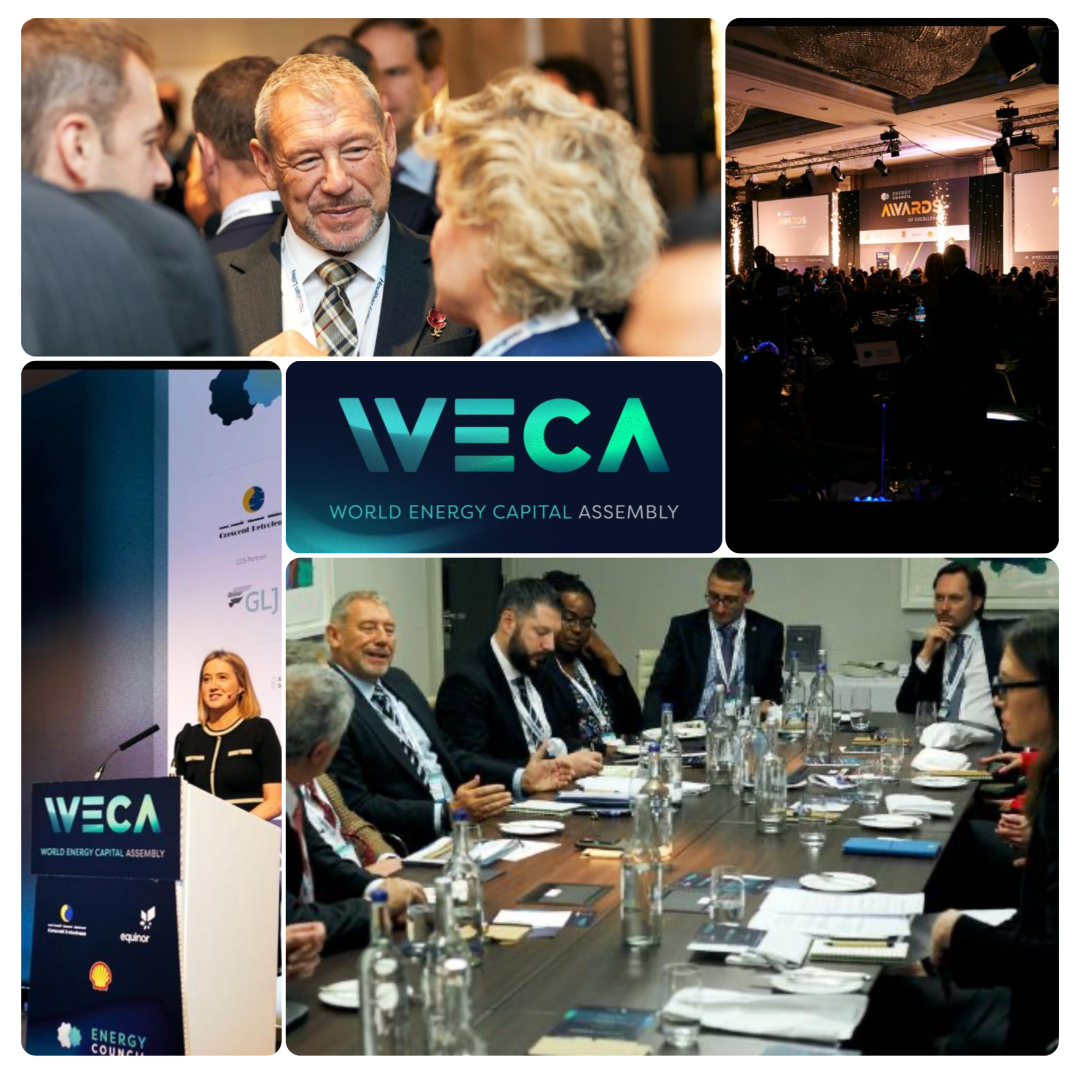
WECA London 2023
- Home
- /
- Media Hub Posts
- /
- WECA London 2023
Gulfsands Petroleum PLC CEO, John Bell participated in the Energy Council’s World Energy Capital Assembly, including the Emissions Management Roundtable session, held in London last week.
The event is designed to assist oil and gas companies in understanding their role in the energy sector, energy transition and managing the Energy Trilemma of security, sustainability, and affordability of energy supply.
It also brings together top-level executives from the international industry to help identify sources of long-term, dependable capital for oil and gas ventures to enable long-term planning, thinking and investment within the industry. Participants gained insights on accessing such capital and learned how to effectively allocate capital expenditure between their core business, growth prospects while incorporating sustainability initiatives and safeguards within projects. Additionally, the event discussed current and emerging global upstream opportunities available to companies in the sector.

The event highlighted the role of oil and gas industry in supporting the energy transition. Oil and gas have traditionally been significant energy sources, but their role in the energy transition is evolving. Oil and gas companies are actively working to reduce their carbon footprint through modern measures like carbon capture and storage and investing in renewable energy sources. They are diversifying their portfolios to include renewable energy assets and exploring the potential of hydrogen as an alternative fuel. Collaborations and partnerships are being formed to accelerate the energy transition. The extent of the transition also depends on factors such as government policies, technology advancement, and social demands.
Many discussions focused on the significant role that the natural gas plays in addressing the Energy Trilemma by contributing to energy security, environmental sustainability, and affordability. Natural Gas has environmental advantages, emitting lower levels of CO2 and pollutants compared to coal and oil and is increasingly viewed as a transition fuel, helping to reduce emissions during the shift to cleaner energy sources. It contributes to affordability by offering relatively lower costs and ensuring affordable energy supplies. Natural gas can complement renewables by providing back up power and grid stability. However, the long-term sustainability goal requires continued transition to renewables and the deployment of technologies like carbon capture and storage. The reduction of flaring was discussed in detail and is atopic that will be, rightly, high on the agenda at the upcoming COP28.
The event covered various other important topics, including the acceleration of decarbonisation technology, practical solutions for decarbonisation challenges, emissions reduction efforts by upstream exploration and production companies, creating a roadmap towards net-zero, attracting investment for cleaner energy, analysing global supply and demand dynamics, assessing the impact of geopolitical and economic changes, understanding investor interest and accessing capital, and establishing a global voluntary carbon credit market as a pathway to achieving net-zero emissions.
Stay Up to Date
Connect with us on LinkedIn and Twitter



